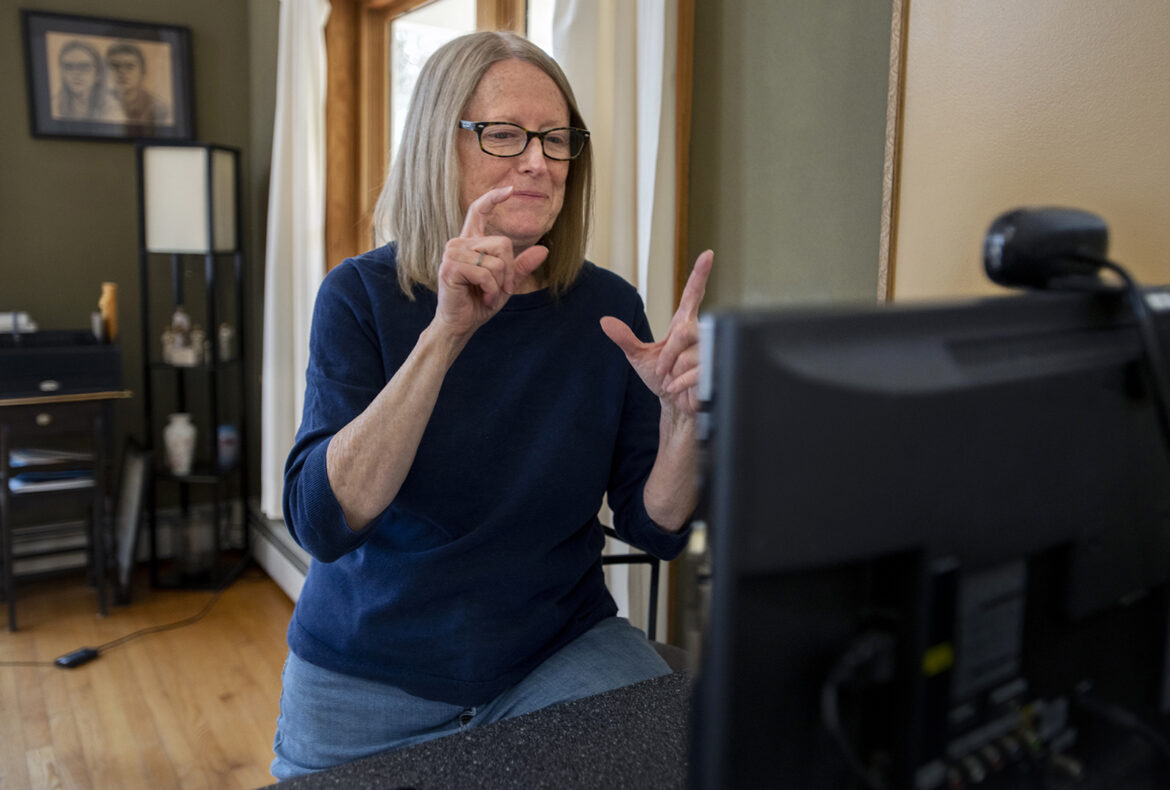
Deaf residents report frequent issues with sign language interpretation at Connecticut hospitals and health care facilities, hindering their ability to understand medical care fully.
And though video remote interpreting (VRI) services are widely available at Connecticut hospitals, patients have reported mixed experiences with the technology.
The issues persist more than 30 years after passage of the Americans with Disabilities Act (ADA), which requires interpretation for patients and family members under the “effective communication” section of the law. In the last three years, the U.S. Attorney’s Office has negotiated four settlements with medical facilities in Connecticut for complaints related to communication with deaf patients.
“At one point, ADA and accessibility seemed to be very good,” said Marissa Rivera, an advocate with Disability Rights Connecticut (DRCT). “And now, in 2022, it has completely collapsed.”
The reasons are multiple and complex but often attributed to an ongoing interpreter shortage, which makes it hard to consistently secure in-person interpretation, especially during unplanned emergency room visits.
Read the rest at http://c-hit.org/2022/04/14/interpreter-shortage-challenges-appropriate-medical-care-for-deaf-patients.

